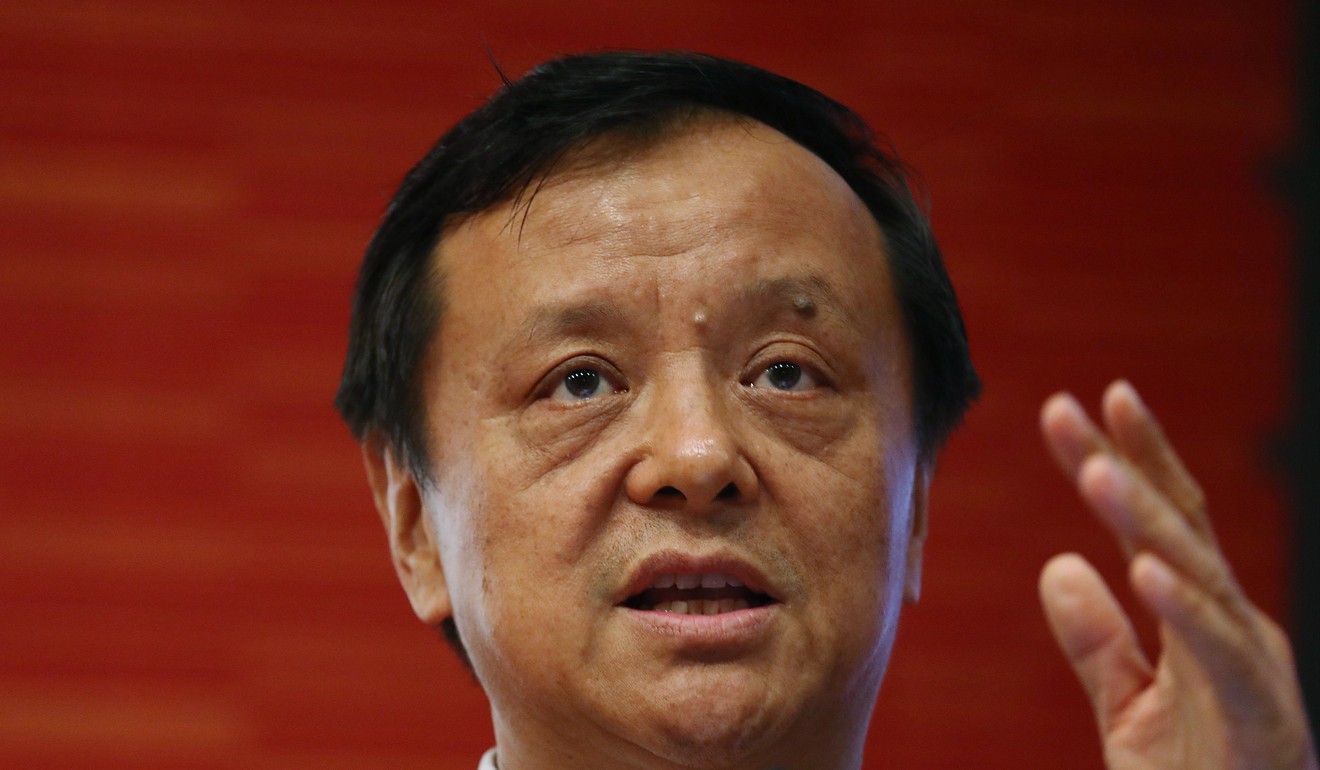
Hong Kong fund managers seek more protection for minority investors under dual-class listings regime
HKIFA takes ‘positive approach’ in discussions with regulators over safeguards
Some of the world’s largest investment fund managers urged the Hong Kong stock exchange operator, Hong Kong Exchanges and Clearing (HKEX), to introduce more safeguards for protecting minority investors’ interests when the bourse allows multiple class shareholding technology companies to list from June, in a seminar on Thursday.
Many fund managers who are also members of the Hong Kong Investment Funds Association have opposed allowing dual-class shareholding companies to list in Hong Kong as this is in breach of the principle of “one share, one vote”.
“HKIFA still believes that ‘one share, one vote’ is best for investors. But with the listing reform a done deal, we will take a positive approach to discussions with the regulators to make sure they have sufficient safeguards [in place] for minority shareholders’ interests while allowing dual-class shareholding companies to list here,” said Sally Wong, the association’s chief executive.
Dual-class shareholding companies are favoured by technology firms such as Facebook and Google, as they allow founders and certain shareholders to retain more voting rights or dividends than other shareholders.
The mainland e-commerce giant Alibaba Group Holding, which owns the South China Morning Post, opted to list in New York in 2014 as Hong Kong has banned dual-class shareholding companies from listing since the mid-1980s while the United States allows it.
But after a lengthy debate, the Hong Kong government and the Securities and Futures Commission now support the HKEX’s listing reform plan allowing such companies to list, as the city wants to attract technology companies and compete with the US.

The HKEX chief executive, Charles Li Xiaojia, said on Tuesday the exchange will next month have a consultation on rule changes, including what investor protection measures should be introduced before dual-class shareholding companies can list in Hong Kong.
“The HKEX has proposed that not all companies can be listed in such structures, and that it will allow only the very big technology companies to list with weighted voting rights. This will be conducted in a restricted fashion,” said Jonathan Lowe, the managing director of JPMorgan Asset Management.
“But I think some more additional safeguard measures will be needed.”
Ronnie Lim Fook-yan, senior engagement specialist at Robeco Asia-Pacific, said the exchange should require dual-class shareholding companies to adopt equal voting rights for all types of shareholders in the situation of voting independent shareholders, so as to ensure these directors can represent minority shareholders’ interests.
The ‘one share, one vote’ principle should also be adopted in approving related party transactions, he said. “There should be a clear disclosure about the special shareholding structure in the IPO prospectus. It is also important to educate investors to understand about their rights and risks in investing in these companies,” he said.
We will take a positive approach to discussions with the regulators to make sure they have sufficient safeguards [in place] for minority shareholders’ interests while allowing dual-class shareholding companies to list here
Christine Chow Sheung-yi, the associate director of Hermes Investment Management, said all shareholders should be given the right to vote at the annual general shareholder meeting to decide if the dual-class shareholding structure should continue.
She said a key reason for allowing such a structure is to allow founders to keep their corporate vision for the long term.
“As such, dual-class shareholding structures should not be a default but the founders and management have to work hard to earn them. It should allow all shareholders to judge if they have carried out the corporate vision well enough to achieve the benefit of the company, and to translate the founders’ vision to become the corporate vision,” Chow said.
HSI Services, which compiles the Hang Seng Index, this week started a two-month consultation on whether dual-class shareholding companies should be included in the benchmark index, as passive investments will need to buy into these stocks if they are constituent stocks of the index.
JPMorgan’s Lowe said unless there was an extreme case, such as Snap, which allows its founders to have all voting rights while other shareholders have none, he believes other dual-class shareholding companies with reasonable governance could be included in the index.

